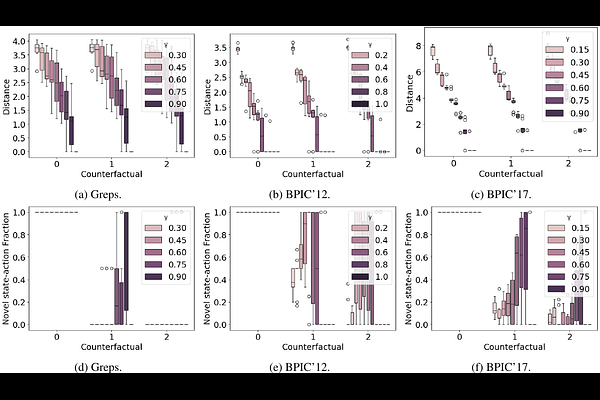Counterfactual Strategies for Markov Decision Processes

Counterfactual Strategies for Markov Decision Processes
Paul Kobialka, Lina Gerlach, Francesco Leofante, Erika Ábrahám, Silvia Lizeth Tapia Tarifa, Einar Broch Johnsen
AbstractCounterfactuals are widely used in AI to explain how minimal changes to a model's input can lead to a different output. However, established methods for computing counterfactuals typically focus on one-step decision-making, and are not directly applicable to sequential decision-making tasks. This paper fills this gap by introducing counterfactual strategies for Markov Decision Processes (MDPs). During MDP execution, a strategy decides which of the enabled actions (with known probabilistic effects) to execute next. Given an initial strategy that reaches an undesired outcome with a probability above some limit, we identify minimal changes to the initial strategy to reduce that probability below the limit. We encode such counterfactual strategies as solutions to non-linear optimization problems, and further extend our encoding to synthesize diverse counterfactual strategies. We evaluate our approach on four real-world datasets and demonstrate its practical viability in sophisticated sequential decision-making tasks.